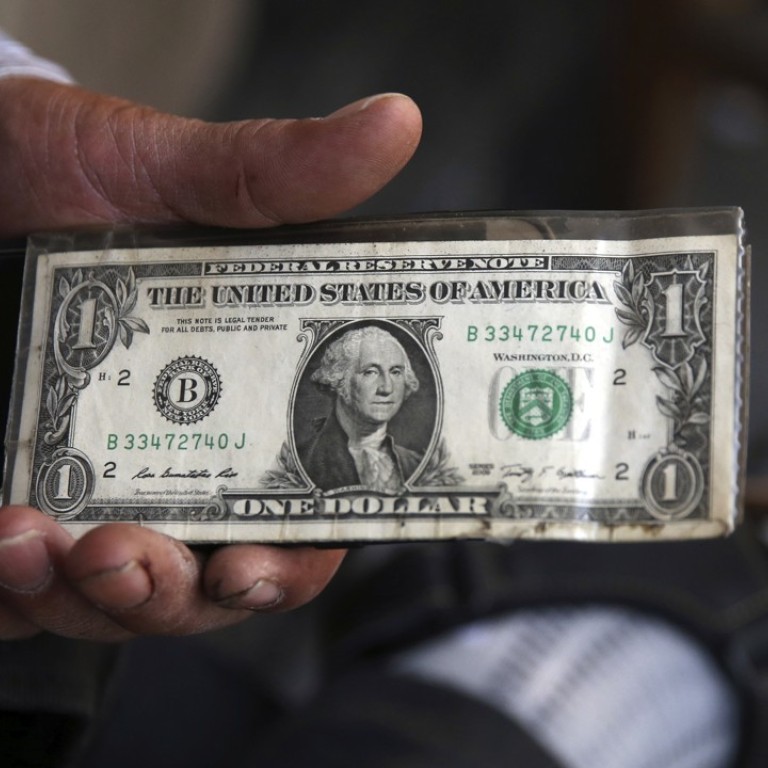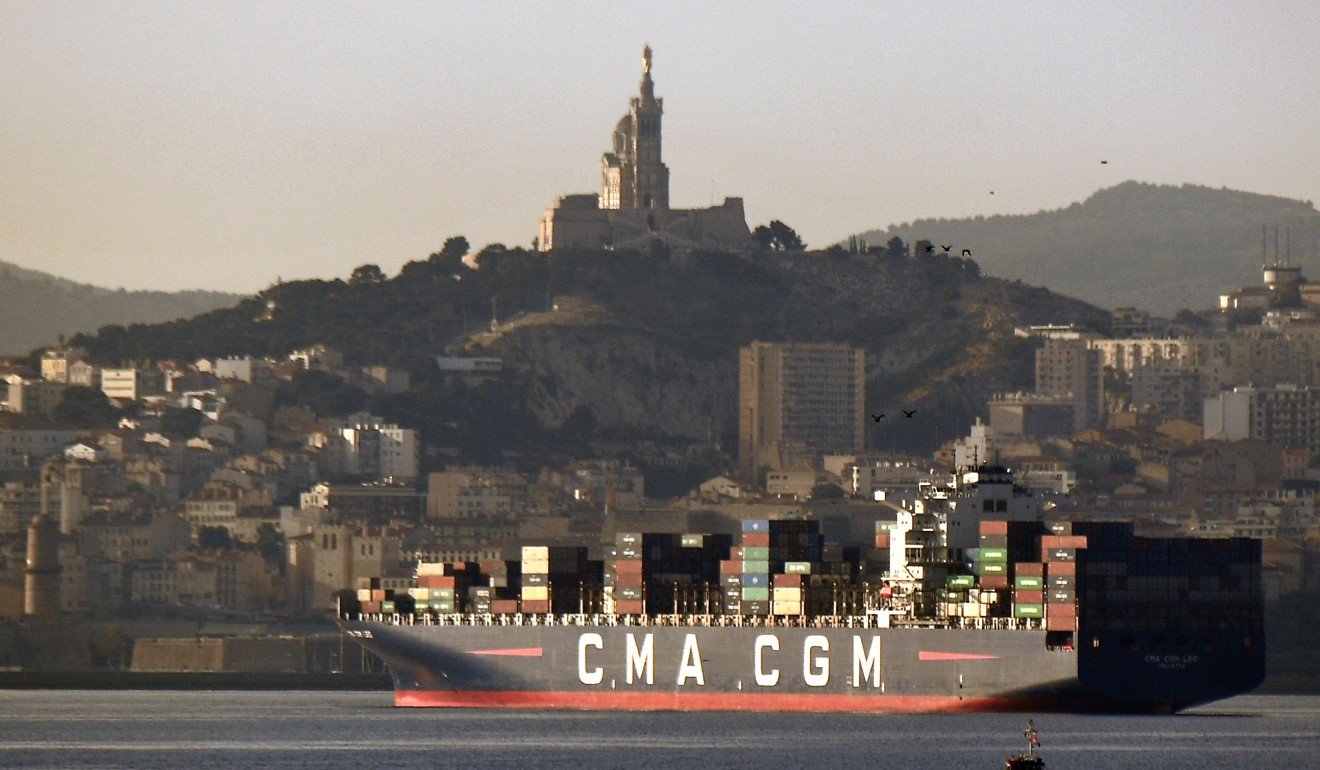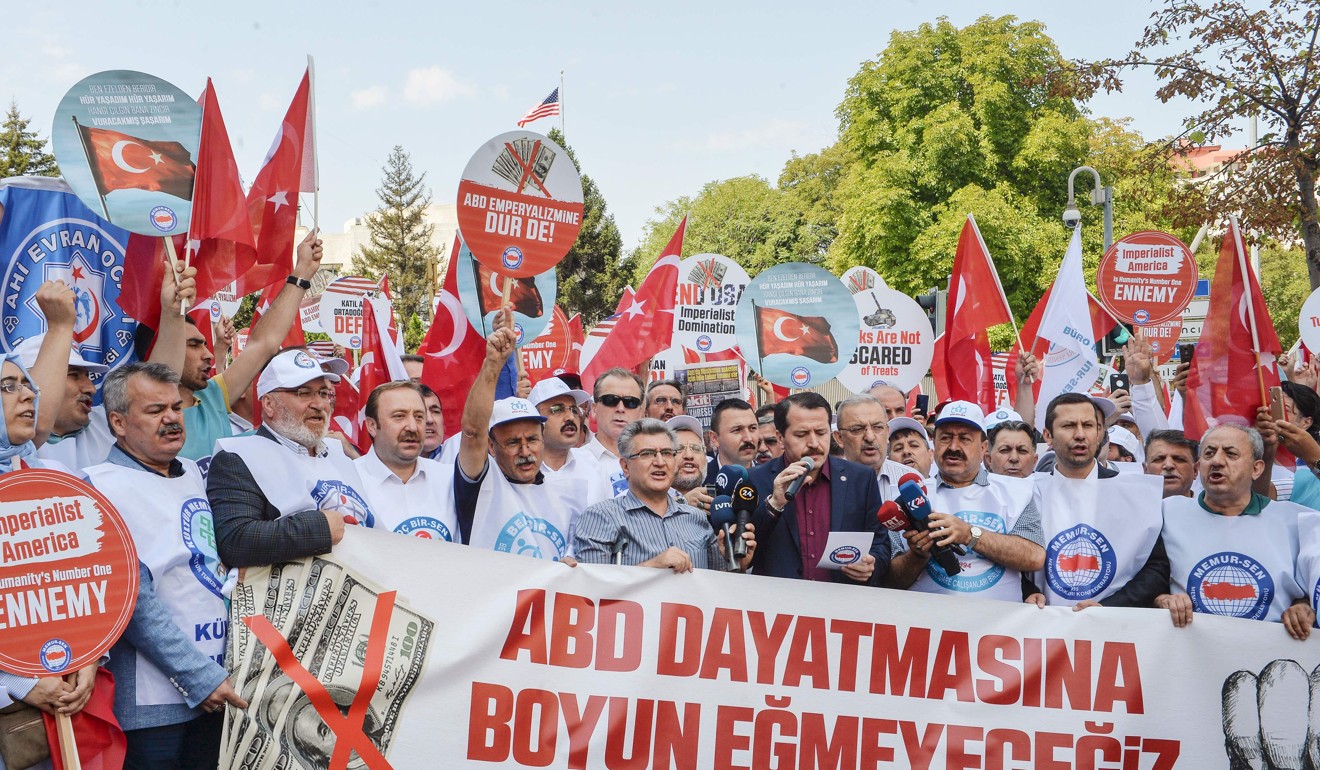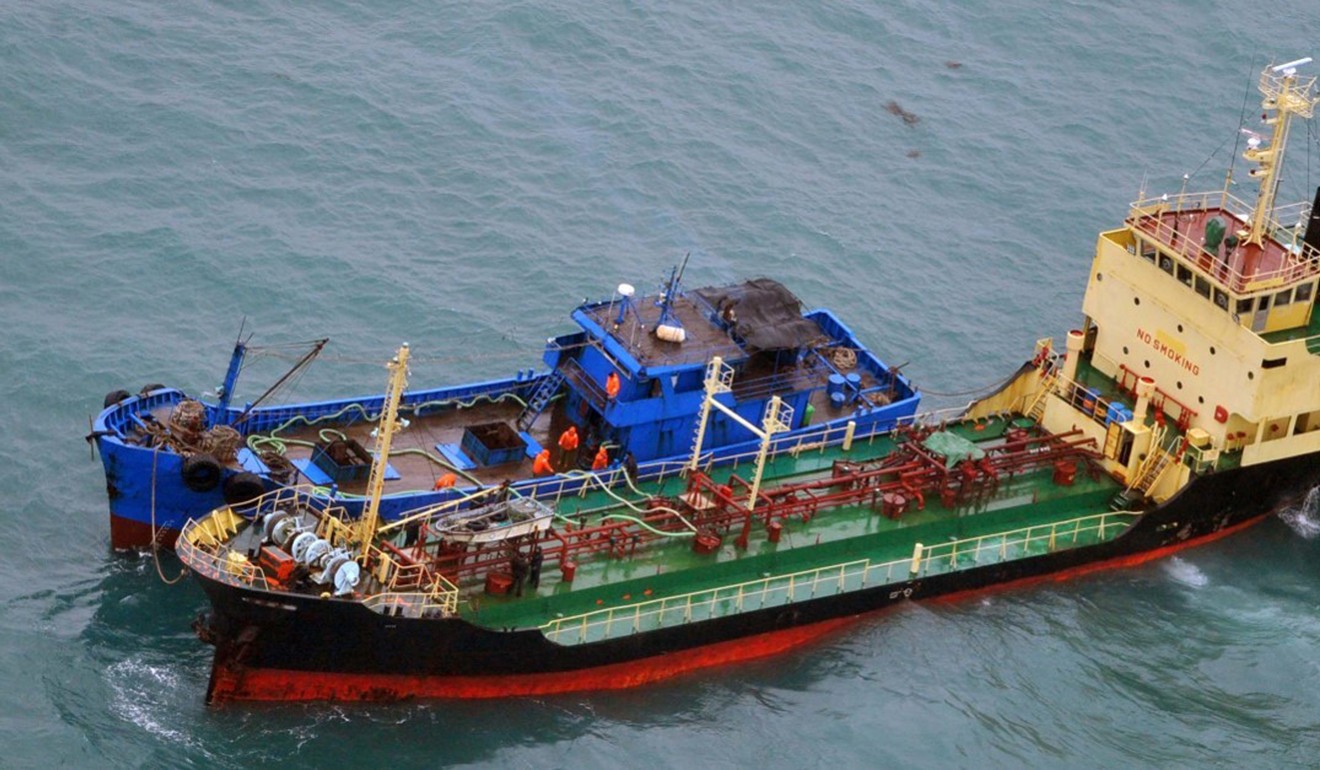
From Iran to North Korea, sanctions are Trump’s weapons of choice – but is it a tactical blunder to fire them so freely?
Critics say that overuse of sanctions deters allies from engaging with the American financial system and potentially undercuts the US dollar
February was a typically busy month for US officials who announce government sanctions.
One package of measures issued by the Treasury Department targeted North Korea, with dozens of ships, companies and other entities cited for shipping coal and fuel to the country in violation of previous sanctions.
Before the month was over, sanctions had also been slapped on Colombian drug traffickers, smugglers of Libyan oil and individuals accused of sex abuse and recruiting child soldiers in Congo.
Iran’s foreign exchange chief is arrested as US sanctions loom
More sanctions rained down on abettors of various terrorist groups in Pakistan, Somalia and the Philippines, plus Hezbollah in Lebanon. And the State Department added to its list of designated terrorist groups organisations in the Philippines, West Africa, Bangladesh and Burkina Faso.

The sanctions that attract the most attention have been aimed at governments threatening US national security interests, including North Korea, Iran and Russia. But increasingly, sanctions are being used to counter other kinds of destabilising behaviour.
Sanctions have been around since the earliest years of the United States, but they have been used more frequently since the attacks of September 11, 2001. They are seen as a potent tool to cut off terrorists and their financiers from access to the international financial system, as well as a way to crack down on human rights abuses and corrupt leaders.

It is so seductive for any administration to use sanctions, because they don’t require any prior notice, they don’t require any judicial review and they’re effective immediately. For this particular president, with his personality, it’s extremely seductive
Administration officials dismiss the criticism, saying they have proved effective in convincing nations like Iran and North Korea to agree to negotiate their nuclear weapons programmes.
“No doubt, we are strategic and thoughtful about how we deploy these tools,” said Sigal Mandelker, undersecretary for terrorism and financial intelligence at the Treasury Department, citing human rights and corruption cases as areas where sanctions can change behaviour. “When you think of the atrocities happening, and you know leaders are trying to steal the wealth of their citizens, how can you not cut them off from the financial system?”
According to an analysis by the law firm Gibson Dunn, the administration blacklisted nearly 1,000 people and entities last year. That is 30 per cent more than were added in Barack Obama’s last year in office, and triple the number blacklisted during his first year.

US sanctions are the most powerful in the world, largely because so many international transactions, from banking to oil, are conducted in US dollars.
But critics say the expansion of sanctions by the administration and Congress threatens to undermine their effectiveness.
In a 2016 speech, former treasury secretary Jack Lew cautioned against their overuse. “Sanctions overreach,” he said, risk pushing businesses away from the US financial system, and could erode the power of the dollar as the pre-eminent currency.
Some say the United States is already well into overreach territory with the list of individuals and entities sanctioned running more than 1,100 pages. It is possible to be delisted, but far more names are being added than subtracted.
The frustration among many US allies over the use of sanctions could make it more difficult to form coalitions like the multilateral consensus that brought Iran to talks about its nuclear programme. Down the road, critics say, it could cause some nations to look for alternatives to the US dollar.
Relations between the United States and Europe are expected to come under a strain when the first nuclear-related financial sanctions suspended under the 2015 Iran deal are restored on Monday, as US President Donald Trump ordered when he withdrew from the agreement in May.
The Europeans – including France, Britain and Germany, three of the countries that negotiated the deal alongside the United States – consider the agreement vital to their security and have vowed to abide by their commitments despite the US withdrawal.
More tension is likely on November 4, when other USsanctions will be reimposed that prohibit oil purchases from Iran, which form the backbone of its economy. That could nudge Iran into withdrawing from the deal, too.
“In the Iran case, the United States is damaging sanctions as a tool of statecraft,” said Kelsey Davenport, an Arms Control Association analyst who supports the agreement known as the Joint Comprehensive Plan of Action (JCPOA), in which Iran limited its nuclear programme in exchange for sanctions relief.
“The United States has put a lot of states between a rock and a hard place. They’re obliged by the US Security Council resolution endorsing the deal to support the JCPOA. But they have the US threatening to impose penalties if they don’t abide by US sanctions. It has aggravated the animosity.”

